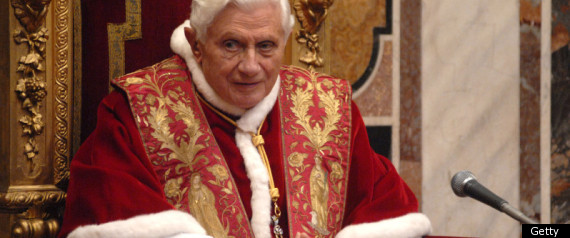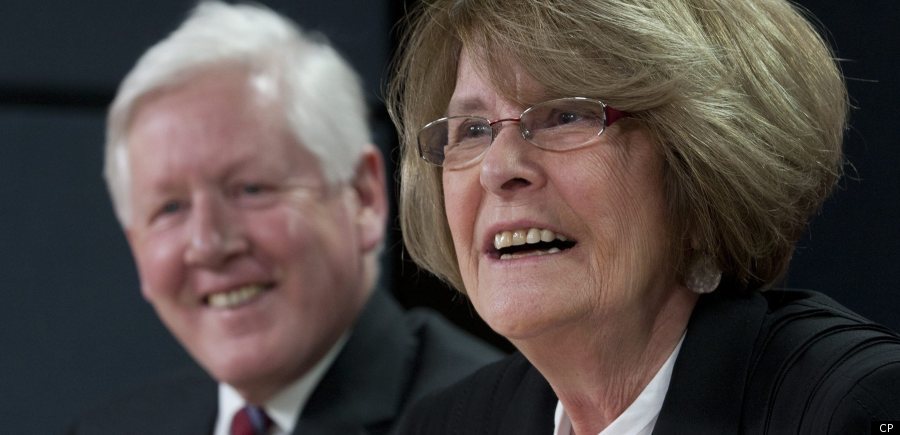Forget being responsible to the desires of Canadians and democratic process (remember
Bill C-311?). On the energy and climate change file, the Harper government is more responsible to the desires of industry and tar sands advocates, working together to promote a false image of the tar sands and lash out at critics.
Here are, but three examples (this blog could go on and on and on, like the blog that never ends…)
Funding from 'foreign special interest groups'
This recent news is so full of contradictions, it makes my head spin.
Does the finger-pointing at environmental groups by Prime Minister Harper and Minister of Natural Resources Joe Oliver sound familiar? It should. EthicalOil.org, an NGO dedicated to promoting the tar sands that doesn't accept money from foundations or governments, but
does accept money from individuals and businesses,
launched a campaign on this topic in the New Year. So the story goes, organizations campaigning against the Enbridge pipeline are receiving money from U.S.-based foundations and this is allowing these foundations to unduly influence Canadian policy.
Mere days later, Harper himself
responded in force, sharing this concern and how it will "overload the public consultation" associated with the Enbridge pipeline hearings, which is "not good for the Canadian economy…" (on a side note, I think Harper saying the
pipeline is in the national interest when the whole purpose of the NEB hearings is to establish whether the Enbridge pipeline is in the national interest, reveals just how far he is willing to disregard democratic processes). Just today,
Oliver announced in an open letter that the Harper government plans on bringing forward new rules to shorten environmental reviews of pipelines and other major projects.
Huh. So let me get this straight. The Harper government responds to Ethicaloil.org's concerns (if only we could get such quick responses!) by promising to change environmental reviews, an important process for public inclusion. And it's a-okay to receive funding from corporations active in the tar sands by a NGO dedicated to defending the tar sands, but NGOs accepting money from U.S. foundations that are active in opposing the Enbridge pipeline constitutes undue influence. And no mentions from mainstream media, Ethicaloil.org or the Harper government about the influence of foreign interests invested in the tar sands -- one of the last playgrounds for Big Oil as many states move towards state-owned energy development -- on Canadian policy. In fact, we actually don't know how much industry spends on lobbying in Canada, but we do know it is happening. Proponents of the controversial Keystone XL lobbied federal government officials
56 times between May and November 2011. Oh, and let's not forget that Ethicaloil.org began as a blog created by Alykhan Velshi to promote Ezra Levant's ideas and that
Velshi now works for the Prime Minister's Office. So where is the conflict of interest?
CAPP gives a hand to Harper on polishing tar sands image
There is no need to tease this example out, it's pretty straight forward.
As reported by Mike De Souza in Postmedia last August, emails and internal documents released under the Freedom of Information Act revealed a cozy level of collaboration between our federal government and the energy industry. The documents indicate that a federal tar sands advocacy strategy was original proposed by the Canadian Association of Petroleum Producers (CAPP) during a March 2010 meeting that included senior Alberta and federal government officials and CEOs from oil and gas companies.
As
reported, "
The records revealed a flurry of emails sent to the highest levels of government, including the office of Industry Minister Christian Paradis, at the time in charge of Natural Resources, from bureaucrats seeking approval to answer the questions raised by Postmedia News and to publicly explain that the meeting was organized by the industry association.
The department did not answer subsequent requests from Postmedia News in the following weeks, which coincided with the federal election campaign. But the emails suggest its bureaucrats requested advice from several senior government officials, including the deputy minister, as well as at least one bureaucrat working for the Privy Council Office, considered to be the administrative arm of the office of Prime Minister Stephen Harper."
Opposition to EU FQD
The Harper and Alberta government's fierce lobbying against the EU FQD (Fuel Quality Directive), a policy aimed at reducing emissions from transport fuels, is yet another example. This lobbying includes numerous closed-door meetings in Europe, open letters and being the only non-EU-member state to participate in the FQD consultation. The policy would assign a value for bitumen, or tar sands, that recognize it is a high carbon fuel.
This is one of several examples of how Canada's foreign policy has become increasingly focused on protecting interests in the tar sands and ensuring future market access. This is an interest that is shared by industry. The Canadian Association of Petroleum Producers (CAPP) has also been actively lobbying against the EU FQD. In addition to
media work, I recently learned that CAPP has been actively lobbying EU embassies in Ottawa on this topic (more to come on this soon).
Original Article
Source: Rabble.ca 




























